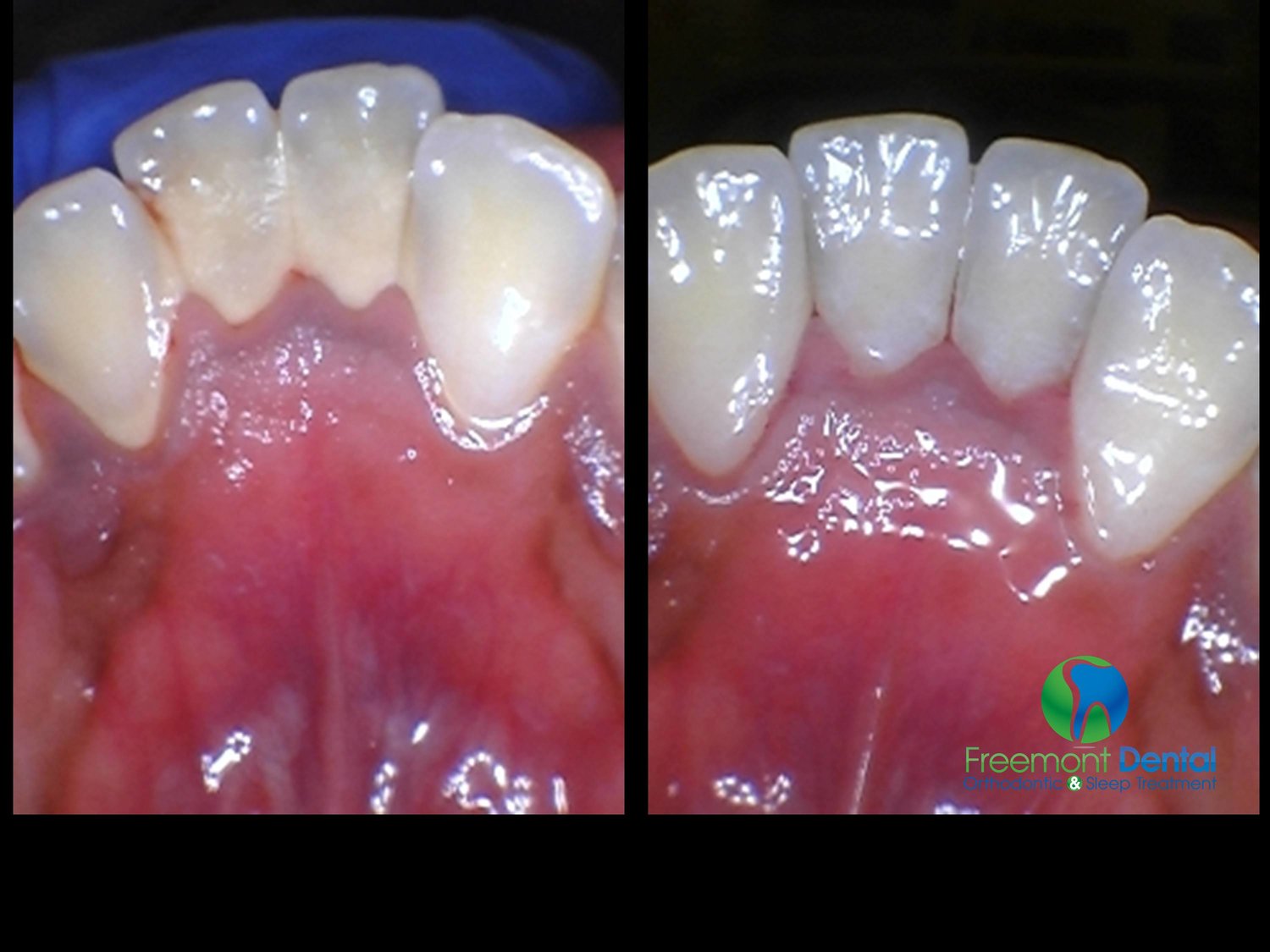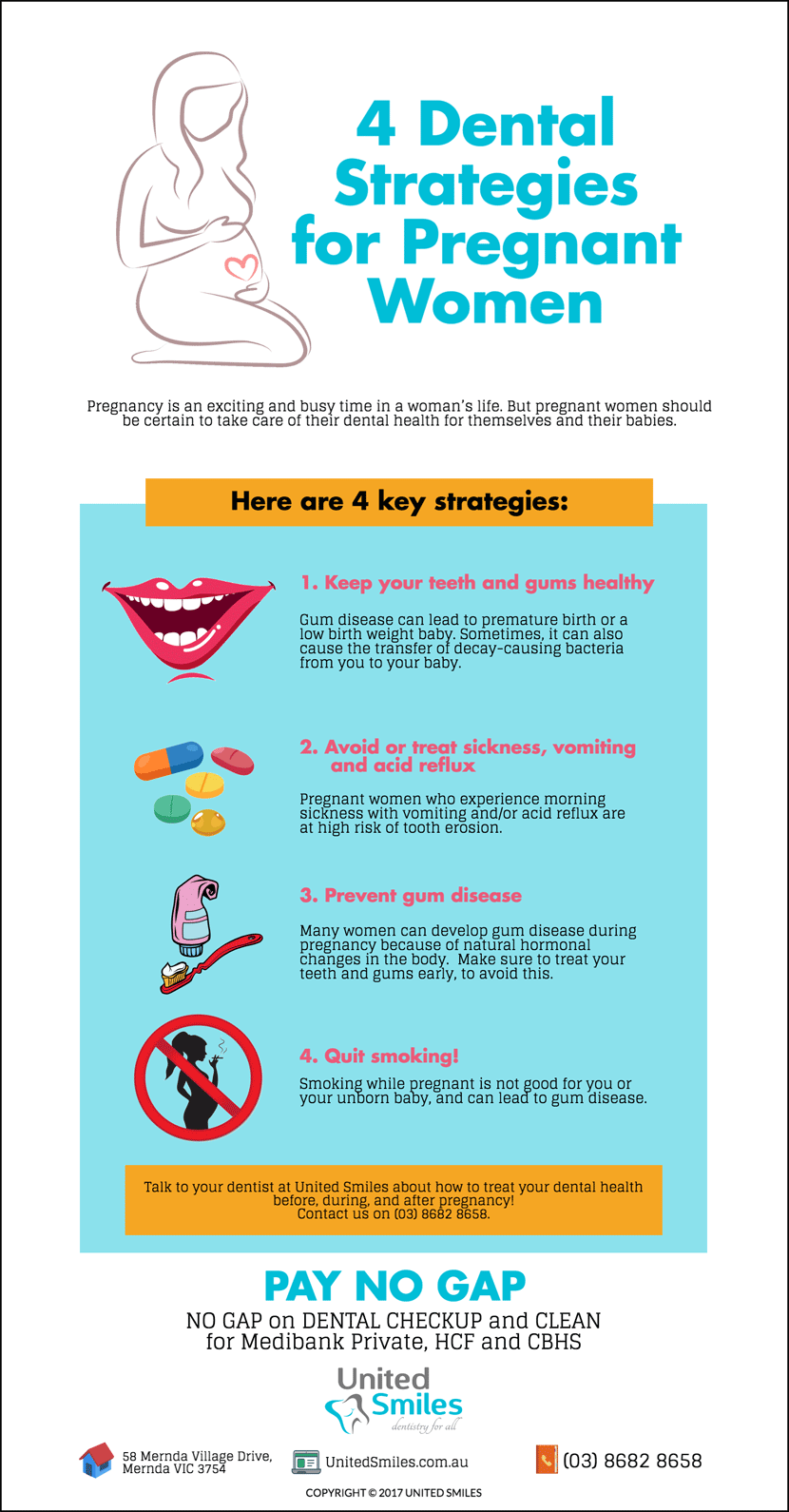
Maintaining Gum Harmony: A Guide to Healthy and Happy Gums
Achieving and maintaining healthy gums is a crucial aspect of overall oral health. From daily oral care practices to regular dental check-ups, understanding the essentials for gum health is vital for a confident and radiant smile. Let’s delve into the key factors that contribute to the well-being of your gums.
The Foundation: Consistent Oral Care Habits
The cornerstone of healthy gums lies in consistent oral care habits. Regular brushing, flossing, and rinsing with an antiseptic mouthwash help remove plaque and bacteria, preventing the development of gum disease. Incorporate these habits into your daily routine to establish a strong foundation for gum health.
The Importance of Proper Brushing Techniques
Using the right brushing techniques is essential for maintaining healthy gums. Opt for a soft-bristled toothbrush to avoid irritation, and brush gently in circular motions. Ensure that you cover all surfaces of your teeth and gums to remove plaque effectively without causing harm to the delicate gum tissue.
Flossing: A Key Player in Gum Health
Flossing is often underestimated but is a crucial step in gum care. It reaches areas between teeth where your toothbrush may miss, removing debris and preventing the buildup of plaque. Make flossing a daily habit to promote optimal gum health and reduce the risk of gum disease.
Regular Dental Check-Ups: Preventive Measures
Routine dental check-ups are preventive measures that play a significant role in maintaining healthy gums. Your dentist can identify early signs of gum disease or other oral health issues, providing timely intervention and guidance to keep your gums in top condition.
Balanced Diet: Fueling Gum Health from Within
A balanced diet contributes not only to overall health but also to the well-being of your gums. Foods rich in vitamins and minerals, especially vitamin C, help support gum health. Incorporate fruits, vegetables, and dairy products into your diet to provide essential nutrients for strong and resilient gums.
Avoiding Tobacco: A Critical Step for Gum Health
Tobacco use is a significant risk factor for gum disease. Smoking and chewing tobacco can contribute to gum inflammation, hinder the healing process, and increase the likelihood of gum problems. Quitting tobacco is a crucial step towards promoting healthy gums and overall oral health.
Managing Stress: An Unexpected Influence on Gum Health
Stress can impact your overall health, including the well-being of your gums. Chronic stress may contribute to gum disease and inflammation. Implementing stress-management techniques, such as exercise, meditation, or deep breathing, can positively influence your gum health.
Pregnancy and Gum Health: Special Considerations
Pregnancy hormones can affect gum health, making pregnant individuals more susceptible to gum problems. Extra attention to oral care during pregnancy, including regular dental check-ups, is crucial for maintaining healthy gums and preventing potential issues.
Gum Health Across the Lifespan: Lifelong Care
Gum health is a lifelong commitment. As you age, it becomes even more critical to maintain good oral care practices and attend regular dental check-ups. Lifelong care for your gums ensures that you continue to enjoy a healthy and vibrant smile throughout the various stages of life.
Explore More on Healthy Gums with Studentals.net
For additional insights, tips, and resources on maintaining healthy gums, visit Studentals.net. Discover comprehensive information to guide you on your journey to optimal gum health. Healthy gums contribute not only to a beautiful smile but also to overall oral well-being.

